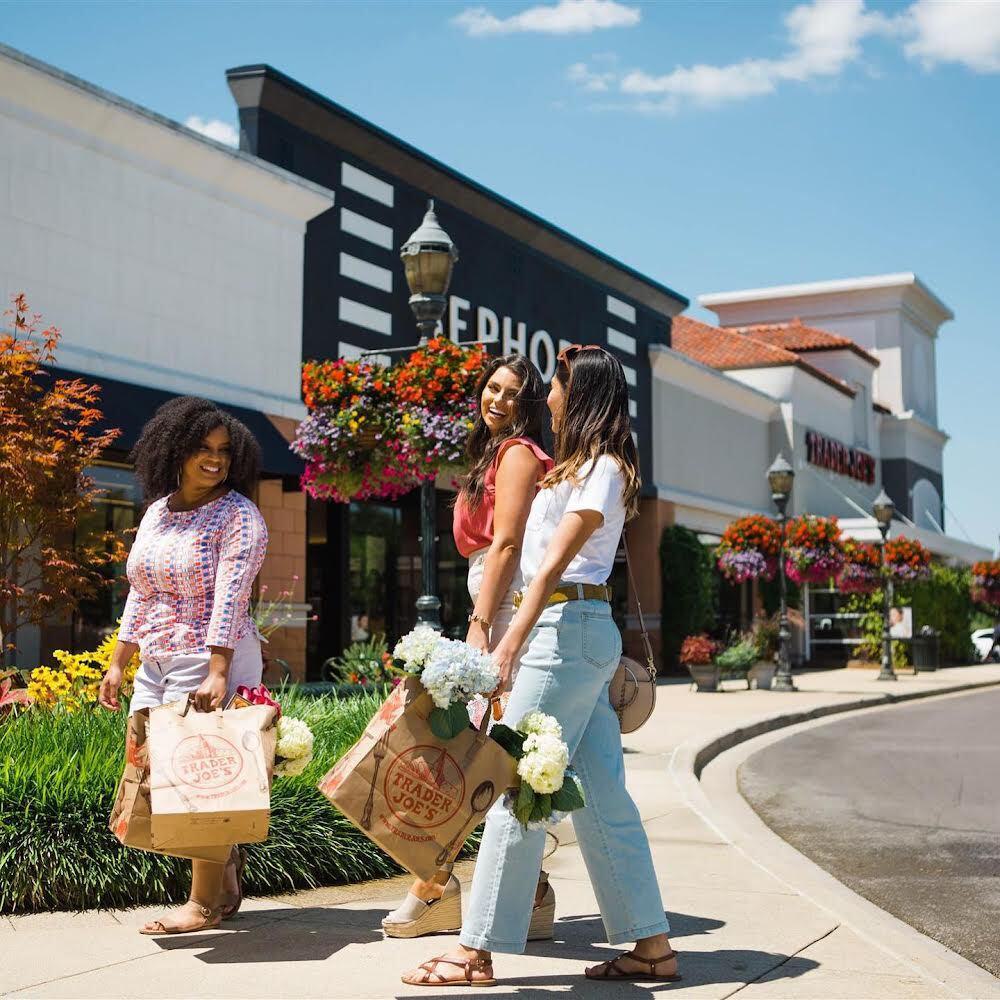The Friday after Thanksgiving, known as Black Friday, is perhaps retailers' most important day of the year. It's when holiday shoppers kick off the Christmas season by flocking early to local stores and businesses to partake in special sales and deals.
The National Retail Federation (NRF) forecasts total holiday sales in 2022 will grow by around 7% compared to 2021, despite inflation and a poor economy.
The NRF based its prediction on consideration of various indicators such as employment, wages, consumer confidence, disposable income, consumer credit, previous retail sales and weather.
A 6% to 8% increase in holiday sales would be less than the growth in 2020 and 2021, which saw increases of 9.3% and 13.5%, respectively. Holiday sales have grown steadily since 2010, following declines during the 2008 recession.
Since then, the market has been afflicted by "Christmas creep," where retailers introduce Christmas-related merchandise and deals earlier than the traditional holiday-shopping season, which has traditionally begun on Black Friday.
According to the NRF, buyers concerned about inflation might be more likely to start Christmas shopping before Thanksgiving. It predicted 60% of holiday purchases will have taken place before November as retailers offer deals earlier in the year.
The NRF predicts that most holiday shopping will occur online, just like it did in 2021. Though most types of brick-and-mortar stores, such as clothing and department stores, will either increase the percentage of shoppers who do holiday shopping there or see the percentage of holiday shoppers they saw in 2021.
Earlier this month, the Alabama Retail Association (ARA) predicted that holiday spending in Alabama should reach close to $18 billion and grow 5% from 2021, which saw record-breaking growth exceeding 15%.
Taxed sales in Alabama from January through September grew 8.4% from the same period in 2021.
According to Nancy King Dennis, director of public relations for the Alabama Retail Association (ARA), Alabama also experienced an increase in in-store shopping.
"Alabama consumers remain focused on value and convenience," Dennis said. "They are looking for deals and taking the path of least resistance when shopping, which means blending their online and in-store shopping. They are seeking out the best deals and grab them whenever and wherever they see them."
To connect with the author of this story, or to comment, email will.blakely@1819news.com or find him on Twitter and Facebook.
Don't miss out! Subscribe to our newsletter and get our top stories every weekday morning.










